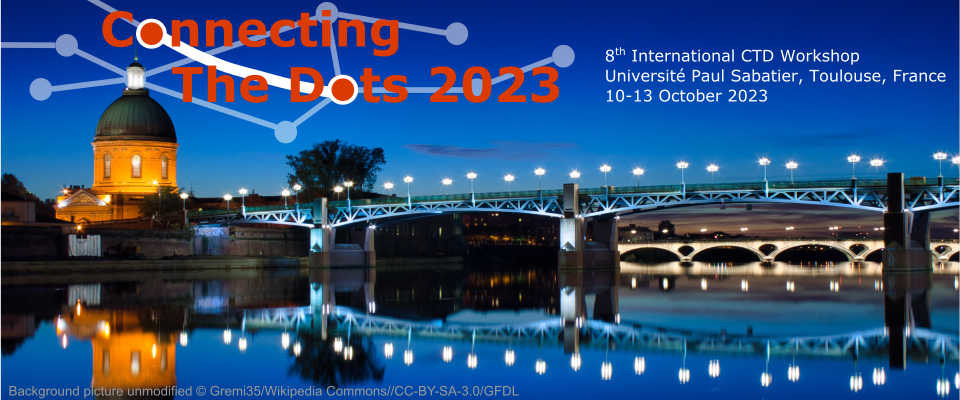Speaker
Description
The Mu2e experiment plans to search for neutrinoless muon to electron conversion in the field of a nucleus. Such a process violates lepton flavor conservation. To perform this search, a muon beam is focused on an aluminum target, the muons are stopped in the field of the aluminum nucleus, and electrons emitted from subsequent muon decays in orbit are measured. The endpoint energy for this process is 104.97 MeV; an excess of measured electrons at this energy signifies neutrinoless muon to electron conversion has occurred. Currently under construction at the Fermilab Muon Campus, Mu2e will stop $10^{18}$ muons on target in 3 years of running, with the goal of reaching a single event sensitivity of $3 \times 10^{-17}$ on the branching ratio. In order to reach such a sensitivity, one must write software that efficiently reconstructs the tracks of conversion electrons that pass through the Mu2e tracker. This has been achieved by breaking the reconstruction process down into four successive steps: hit reconstruction, time clustering, helix finding, and a final track fitting. One shortcoming of the current code is that the time clustering and helix finding stages make various assumptions that make them highly tuned to conversion electrons at the endpoint energy. This limits the collaboration’s ability to constrain some backgrounds, and search for a larger range of physics. The work presented here details the development of novel time clustering and helix finding algorithms, and how they fit into the Mu2e trigger system.
